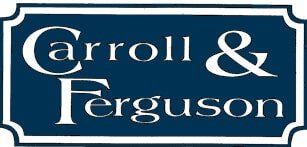HOA DUES – WHY THEY NEVER STOP…. ANOTHER EXAMPLE OF UNINTENDED RESULTS.
When congress passed changes to the Bankruptcy Code in 2005, it is a pretty sure bet that they did not think about lenders waiting years after defaults to foreclosure on properties. However, that is what is going on now and under 11USC § 523(a)(16) homeowners who have long since moved out of a home or apartment are still being hit with big bills for HOA or condo dues. That is because this provision was written to protect home owners associations or condo associations from having to supply services to deadbeat owners that were still living in the properties. However, because the law was written broadly it hits folks that have abandoned the property to the creditors and moved out for so long a they retain any legal, equitable or possessory ownership interest in the property. Those interests are not fully extinguished until the lender actually finishes a foreclosure. So lenders, even if they have taken possession of the property and are trying to sell it, are not going through the formal foreclosure process until they have to and are sticking the former owners with the HOA dues. I should add that this only applies to post bankruptcy filing dues. Dues that were assessed but unpaid prior to the filing are discharged.
There is not a sure way around the problem. In some jurisdictions, the debtor can record a Quit Claim deed to the property that gives legal title to the lender. If there are open taxes or other charges it is not always possible to get the local recording official to accept the quitclaim deed for recording. There is also the problem of trying to figure out who is the actual lender so the quitclaim deed can be made in favor of the correct party among the many servicers and transferees that have held the loan over its life.
Daniel Carroll
danc@carrollandferguson.com
December 5, 2012




